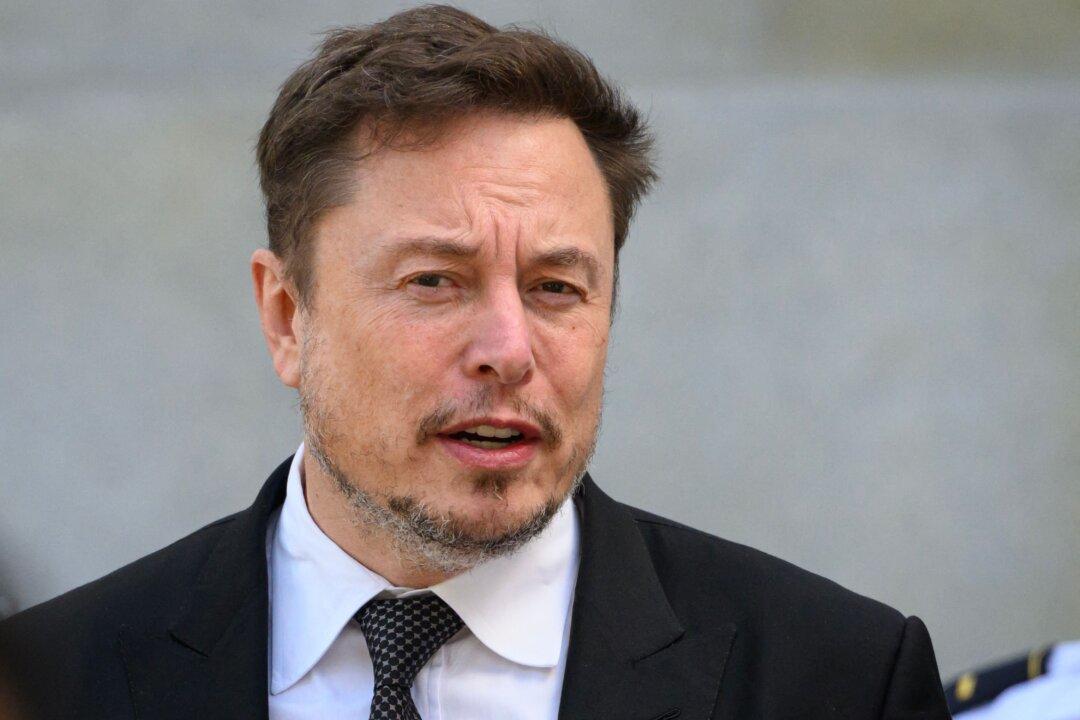Elon Musk drew a stern rebuke from Taiwan’s Ministry of Foreign Affairs for asserting that Taiwan was an “integral part of China” and likening the self-ruling island to China’s Hawaii.
Beijing’s policy “has been to reunite Taiwan with China,” he said in a live-streamed speech at the All-In Summit in Los Angeles earlier this week, adding that as an outsider of China, he “understand[s] China well,” having met with the “senior leadership at many levels of China for many years.”





